detail profile mayuri mokush c3 b4
Peran Yang Di Mainkan Mayuri Mokushô
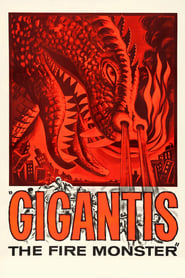 A prehistoric monster called Gigantis emerges...
A prehistoric monster called Gigantis emerges...Gigantis, the Fire Monster 1959
A prehistoric monster called Gigantis emerges alongside another creature named Angurus.
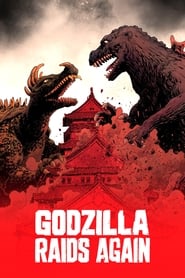 Two fishing scout pilots make a...
Two fishing scout pilots make a...Godzilla Raids Again 1955
Two fishing scout pilots make a horrifying discovery when they encounter a second Godzilla alongside a new monster named Anguirus. Without the weapon that killed the original, authorities attempt to lure Godzilla away from the mainland. But Anguirus soon arrives and the two monsters make their way towards Osaka as Japan braces for tragedy.
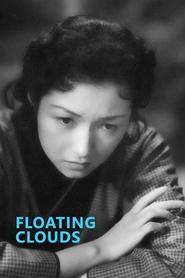 A married Japanese forester during WWII...
A married Japanese forester during WWII...Floating Clouds 1955
A married Japanese forester during WWII is sent to Indochina to manage forests. He meets a young Japanese typist and promises to leave his wife. He doesn't and after the war, she turns up and the affair resumes.
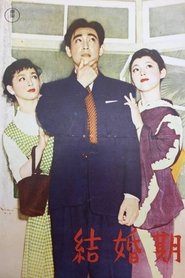 Urban love comedy in which Koji...
Urban love comedy in which Koji...Wedding Season 1954
Urban love comedy in which Koji Tsuruta, who works for the Tokyo Metropolitan Government's Parks and Greenery Department, plays love shepherd to a number of women, including his true love, Inako Arima.
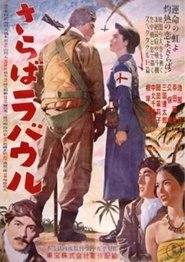 A squadron of Japanese fighter pilots...
A squadron of Japanese fighter pilots...Farewell Rabaul 1954
A squadron of Japanese fighter pilots realise that they are never going to win the war when they understand that Japanese military tactics have little regard for life. Seeking the companionship of any woman who will have them, they spend their days indulging in every fantasy in order to escape the overwhelming fear of death looming just over the horizon.
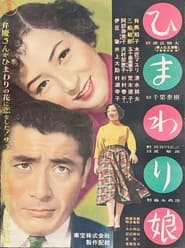 Young Setsuko Fujino begins a new...
Young Setsuko Fujino begins a new...Sunflower Girl 1953
Young Setsuko Fujino begins a new job at Tokyo Chemical Company. She likes her boss, Ippei Hitachi, and enjoys serving him tea, despite the fact that her fellow workers think the women employees should not have to act in such a servile manner. When the women go on strike over the issue, Setsuko finds herself caught in the middle. When the heir to the company, Ryosuke Tanabe, proposes marriage to Setsuko, she is honored, but realizes that her real affection is for Hitachi.
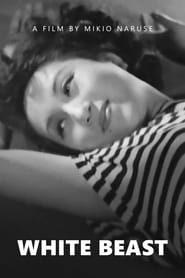 The critical establishment was clearly not...
The critical establishment was clearly not...White Beast 1950
The critical establishment was clearly not prepared to accept a woman's prison film featuring former prostitutes recovering from venereal diseases, unwanted pregnancies, and estranged lovers. With its cat fights, hysterical tantrums, film noir lighting, and dramatic music, White Beast is indicative of the new influences of the Hollywood psychological thriller on Naruse. Caged (John Cromwell, 1950) initiated a cycle of women's prison movies in the United States that may or may not have been shown in Japan, but the stylistics of White Beast draw on the same paranoid woman's films and film noir conventions that preceded the American cycle.
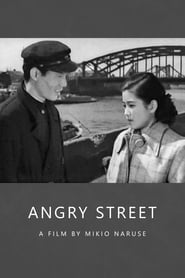 The Angry Street includes a great...
The Angry Street includes a great...The Angry Street 1950
The Angry Street includes a great deal of location shooting in the rebuilt city, including downtown streets, residential neighborhoods, the campus of the University of Tokyo, and the high life of jazzy dance halls. Sudo (Hara Yasumi) and Mori (Uno Jukichi) are two university students who make money by picking up rich girls in dance clubs and conning them into giving them cash. Mori is the brains of the operation, and Sudo is the suave dancer who picks up the girls. Over the course of the film, Sudo becomes involved with three different girls and is drawn into the gangster milieu, which he seems unable to resist even though he is responsible for his mother, grandmother, and sister, Masako (Wakayama Setsuko). In this world of bad boys and girls, Masako is the pillar of strength and moral virtue who finally enables Mori to straighten out.
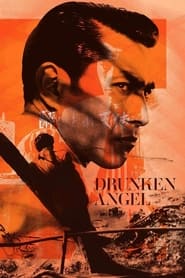 Doctor Sanada treats gangster Matsunaga after...
Doctor Sanada treats gangster Matsunaga after...Drunken Angel 1948
Doctor Sanada treats gangster Matsunaga after he is wounded in a gunfight, and discovers that he is suffering from tuberculosis. Sanada tries to convince Matsunaga to stay for treatment, which would drastically change his lifestyle. They form an uneasy friendship until Matsunaga's old boss Okada returns from prison.
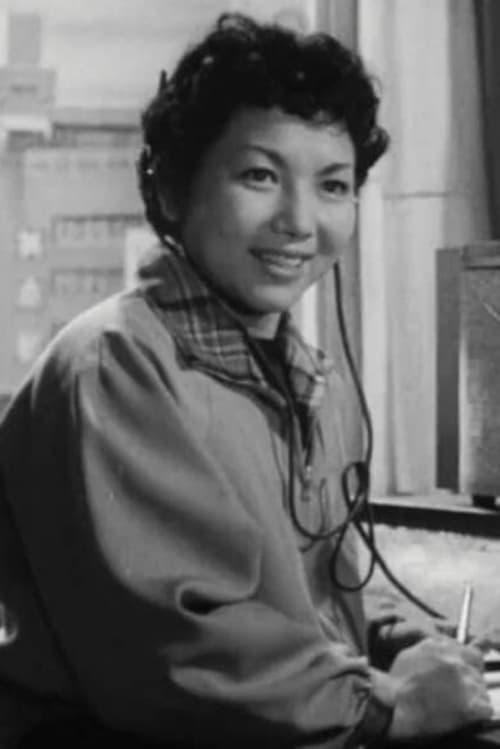
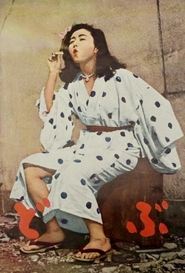 Postwar Tokyo Pin and Toku live...
Postwar Tokyo Pin and Toku live...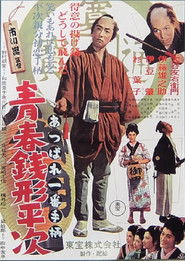
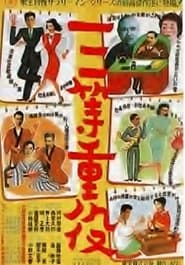 1950s Japanese comedy
1950s Japanese comedy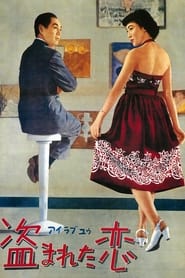 Romantic melodrama
Romantic melodrama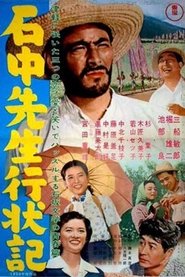 Three humorous love stories set in...
Three humorous love stories set in...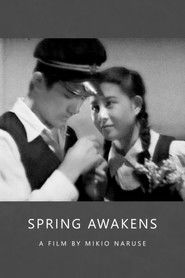 Slice of life film centered on...
Slice of life film centered on...